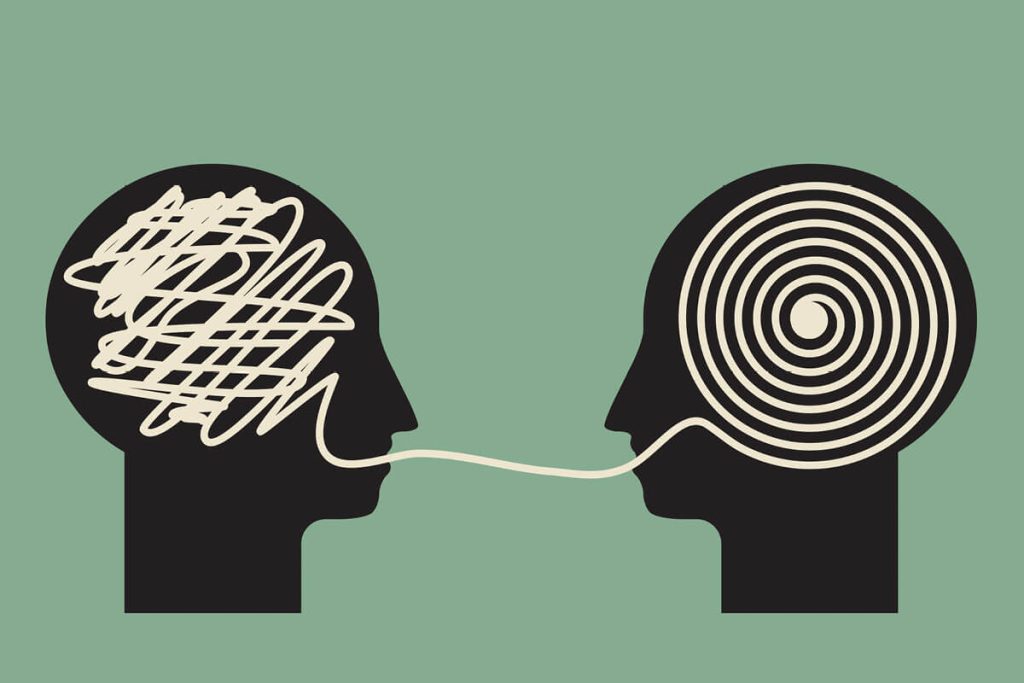Global businesses require global communication, and in order to successfully connect with international audiences native language use is essential.
This will likely require an interpretation of your content, translation, or both.
The two processes are closely linked but each has a distinct role to play in linguistic fields.
The difference between interpretation and translation lies in the delivery medium; translators translate the written word, while interpreters translate the spoken language orally.
They both have deep cultural, linguistic, and regional understandings and expert knowledge of their language and country. They are both able to communicate clearly, concisely and accurately.
Understanding the differences between the two professions will enable you to choose between the services offered.
Interpretation
Interpretation is not a word-for-word translation of spoken words, as this would often make little sense due to varying sentence structures between languages. It is however, an emphatic translation that displays in-depth knowledge of two cultures and languages.
Interpreters will paraphrase what they hear, keeping context and preserving the original meaning, but they’ll replace idioms, dialects and colloquialisms so that the target audience understands what is being said.
Interpreters often work in diplomatic fields, mediate certain events, and are required to be confident public speakers. They must deliver their message instantaneously with either simultaneous or consecutive (immediately after) the original speech. They use no scripts, dictionaries or reference materials and their only resources are a good memory, experience and fast reflexes.
They work on projects such as, conferences, meetings, legal proceedings, live TV and sign language.
Translation
The most noticeable difference between interpreters and translators is that translators use the written word and interpreters the spoken one.
The second factor is that translators frequently use computer aided tools in their translations. This will involve converting a source text and applying it to a Translation Memory to automatically translate content that has been previously converted. Any gaps left after this conversion are filled from scratch. The translator will refer to glossaries and style guides to ensure quality and accuracy. Once this stage is completed they often require another translator to proofread, then convert the document back to its original form.
Translators have excellent written skills and usually specialise in certain fields.
They adhere to grammar rules, content style and tone to give an accurate and precise translation.
Translators work in written form such as, websites, print, video subtitles, software and multimedia
As a guide there are a few main differences between translation and interpretation:
1. Delivery – an interpreter works with a spoken medium and a translator with the written form.
2. Accuracy level – translators have the time to ensure high accuracy levels. Interpreters, on the other hand, must deliver faced past, live interpretations, which encompass an overall meaning rather than a word-for-word translation.
3. Direction – interpreters must be fluent in both the source and target language, without the need for extra tools. Translators can work at their own pace but still need a deep grasp of both languages.
4. Intangibles – metaphors, idioms and customs that resonate with one language and culture must be altered by both interpreters and translators alike, so they can be understood by another culture. Interpreters must also capture tone of voice, inflections, and convey these instantly to the target audience.
Translators and interpreters share similar skill sets and account-abilities however, you should now grasp the differences between the two which should enable you to decide which service you require, and which will best suit your needs.












